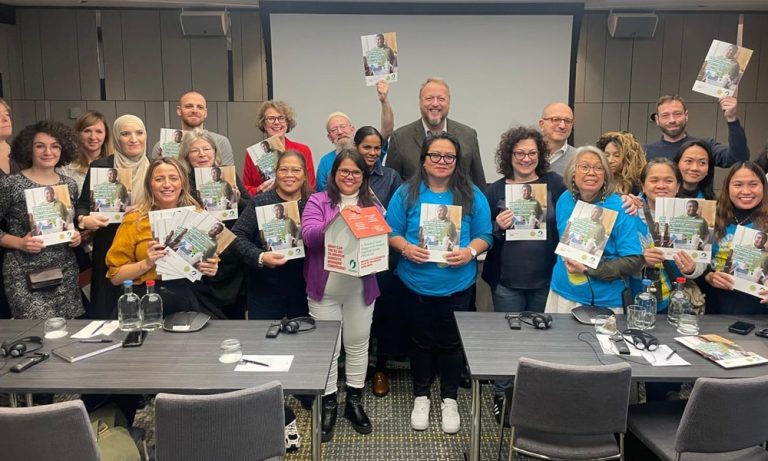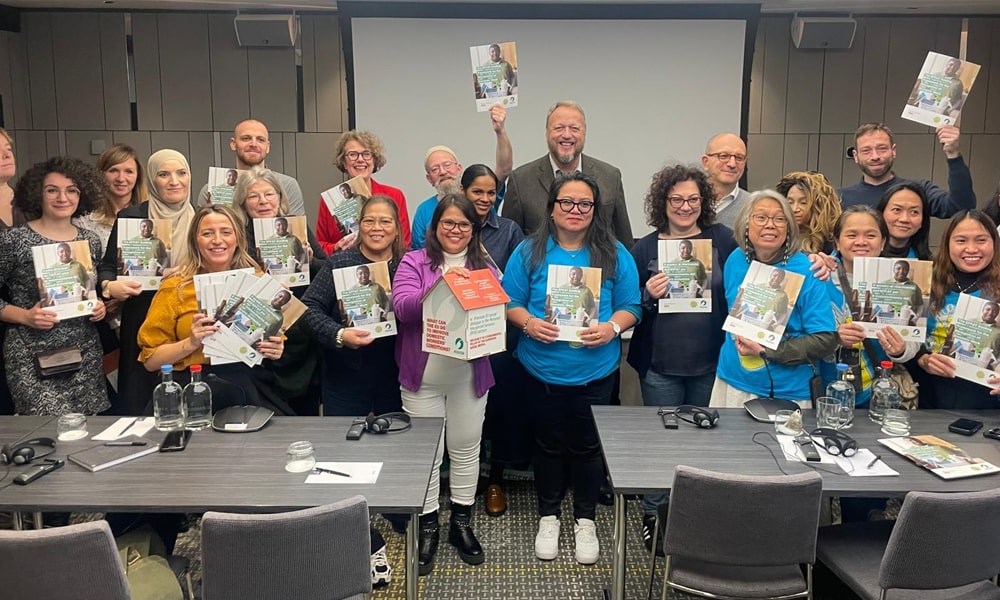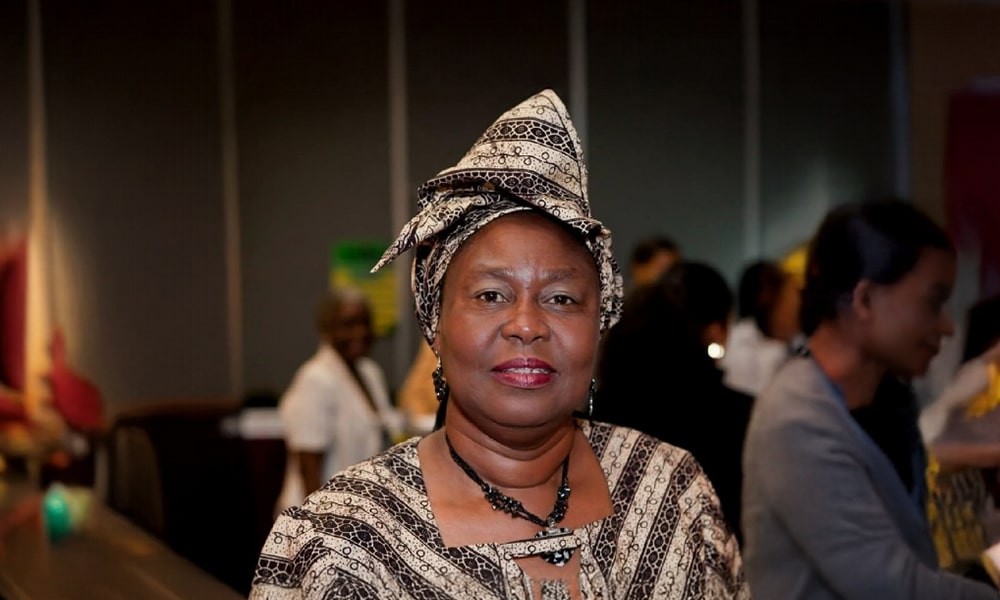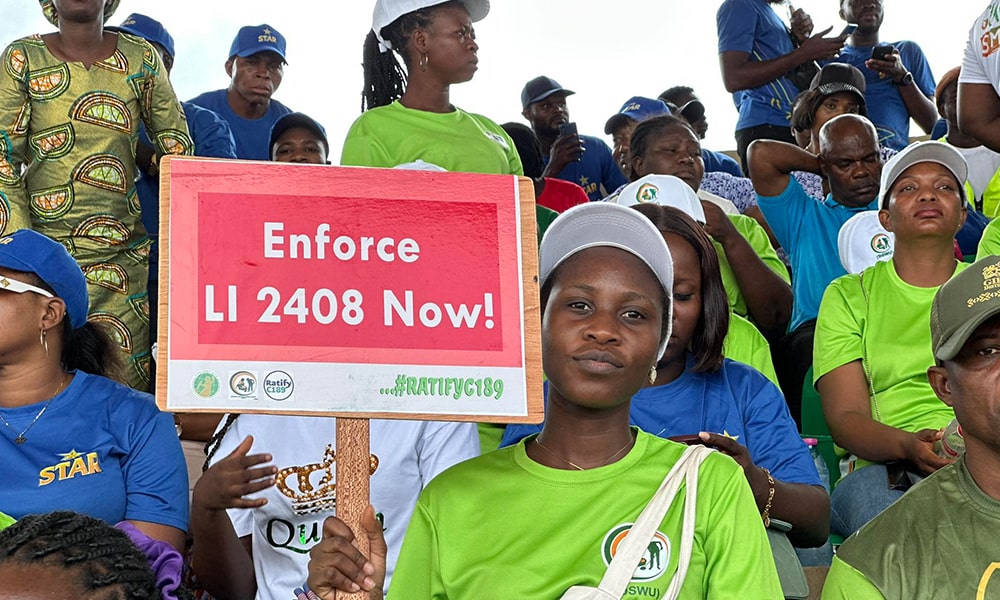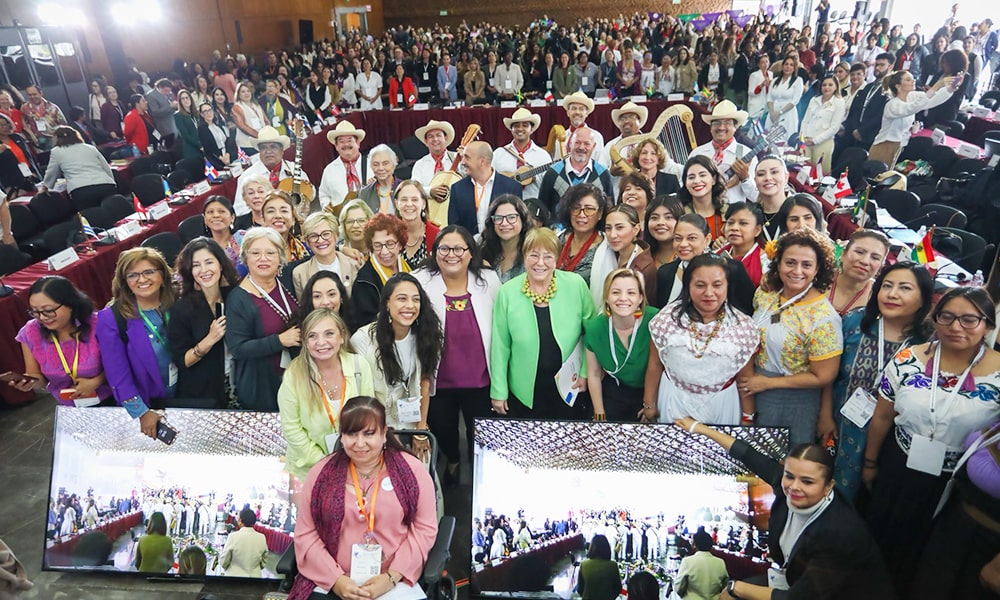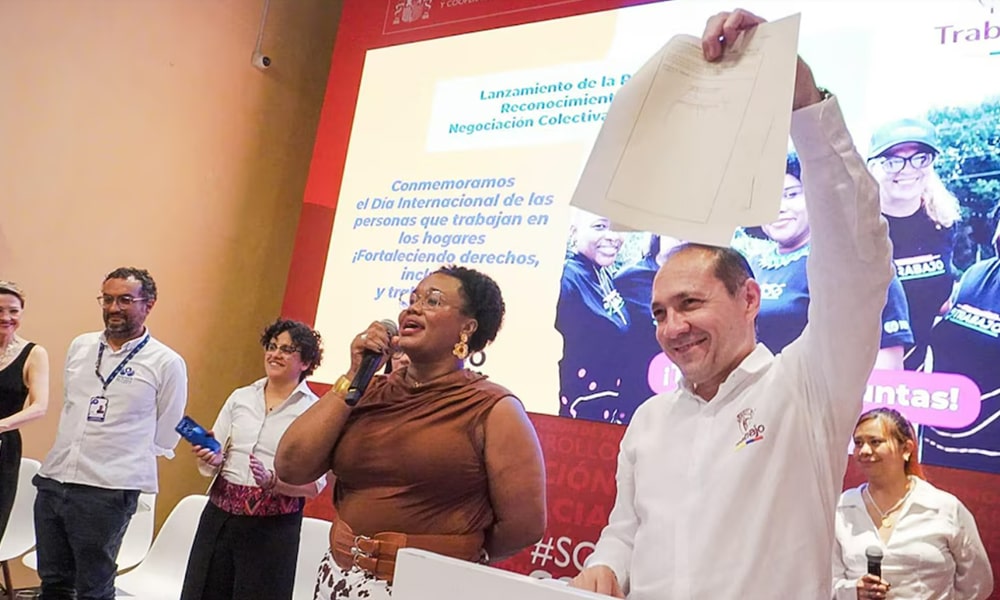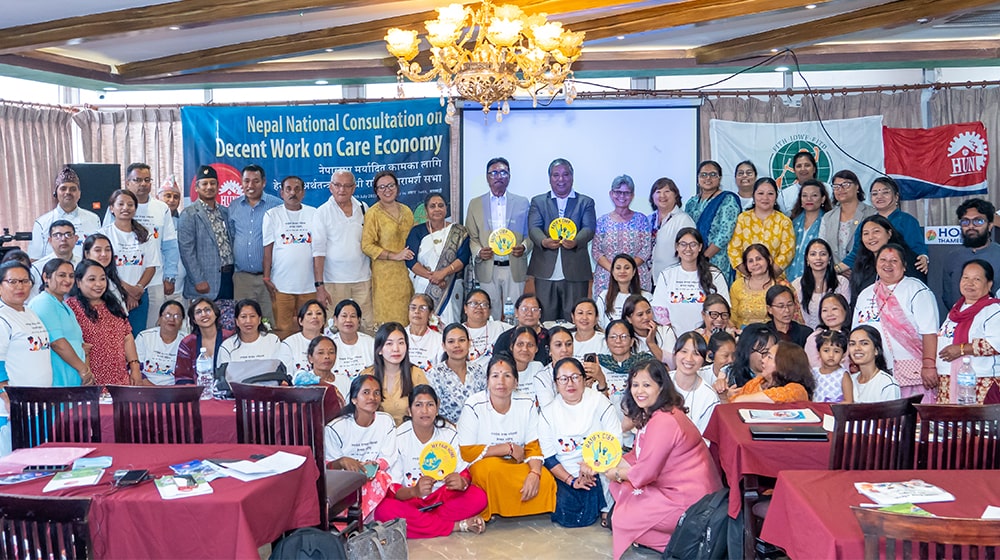Campaigners are celebrating the long-awaited ratification of a treaty on labour rights for domestic workers that will offer protection to millions of employees worldwide.
Details
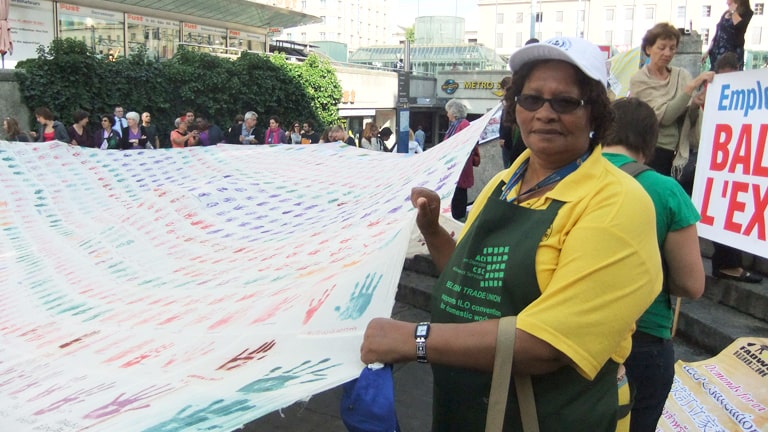
Campaigners are celebrating the long-awaited ratification of a treaty on labour rights for domestic workers that will offer protection to millions of employees worldwide.
From Thursday, the domestic workers convention will be legally binding for signatory countries. The treaty, originally adopted by the International Labour Organisation (ILO) in 2011, is the first to deal specifically with domestic workers.
There are about 50-100 million domestic workers globally, mainly women and girls. Their tasks include cooking, cleaning and looking after children and the elderly. Such workers are often poor and employed outside their home country, making them particularly vulnerable to abuse and slavery.
The treaty gives employees the right to claim basic rights, including days off each week, set hours and the minimum wage. Eight countries have ratified the convention, including Italy, the Philippines, South Africa and Bolivia. More are poised to follow suit, including Germany and Switzerland.
The children’s rights advocacy director at Human Rights Watch, Jo Becker, campaigned for two years in the runup to the ILO’s adoption of the treaty. She says it has helped improve conditions beyond the signatory countries.
“We see a lot of momentum building, there are literally dozens of countries that are strengthening legal protection for domestic workers,” Becker said. “This is a huge sector that has historically been excluded from labour laws and legal protection.”
Anti-slavery groups have played a key role in establishing that momentum. Aidan McQuade, director of Anti-Slavery International, said:
“Domestic workers are vulnerable to exploitation due to the very nature of their job, performed behind the closed doors of their employers. Migrant domestic workers are particularly isolated. This can lead to slavery, defined to international law.”
The UK has been criticised for failing to ratify the convention. It did not vote for the treaty in 2011, and campaigners say the government has since reduced protection for domestic workers by enforcing a tougher visa regime.
The home secretary, Theresa May, announced last year that domestic staff who come to the UK to work in private households will no longer be able to change employer or remain in the country beyond six months. At the time, campaigners warned this would leave vulnerable workers trapped in abusive situations, a claim the government denied.
The UK support group Kalayaan believes the tied visa scheme has led to an increase in poor working conditions. Catherine Kenny, its charity community advocate, said:
“Employers [sometimes] threaten domestic workers that they could get them deported. Now they can say those kind of things with more meaning. Domestic workers are in such a precarious position now; if they leave their employer, they will have to leave the UK.
“We have helped 29 people who have come to us on the tied visa out of over 50, and we have seen an increase in negative treatment – for example, more people who do not have their own room or who are not being paid the minimum wage.”
She said the tied visa was driving people underground and made vulnerable workers less willing to seek help.
“A lot of people are not leaving their employer, or if they are they are going underground and not going to anyone to get help,” she said.
Kenny pointed to the case of Roeti (not her real name), who asked Kalayaan for help this year. Forced by severe poverty to leave her children at home in Indonesia, Roeti worked as a servant in the Middle East, getting heavily indebted in the process.
When her employers travelled to the UK, her situation deteriorated, and she would work from 8am to 4am with no time off. Roeti says she was paid £113 a month, slept in the living room and was not allowed to leave the house unaccompanied. When the abuse became unbearable, a friend helped her contact Kalayaan.
Roeti’s predicament typifies the problems faced by workers on the tied visa. Kalayaan believes she is a victim of trafficking, but even if that claim were upheld by the national referral mechanism, she would still have to leave the UK after her 45-day “reflection period”.
Roeti believes it would be impossible to return to Indonesia while her debt remains unpaid. She would have no option but to seek another overseas job, even though this would leave her vulnerable to further exploitation.
“Given that the ILO convention was agreed in 2011 and is now coming into force and being ratified by more and more countries, the UK is out of step with development in a lot of the world,” said Kenny.
A Home Office spokesperson countered: “We have introduced measures to stop abusive relationships between employers and their domestic workers … We changed the rules to return the route to its original purpose – a temporary route to allow domestic workers to accompany their existing overseas employers for up to six months on a short-term visit to the UK. But we are clear that domestic workers should have the protection of UK employment law to safeguard their rights.”
Human Rights Watch welcomed the treaty’s ratification.
“In the countries that have already passed new laws, there are workers enjoying better hours,” said Becker. “It has empowered workers to be more willing to stand up for their rights. In the Philippines, workers have been given social protection and a minimum wage. They have large numbers of domestic workers, so this is a huge change.”
Source: Harriet Grant/Guardian News

